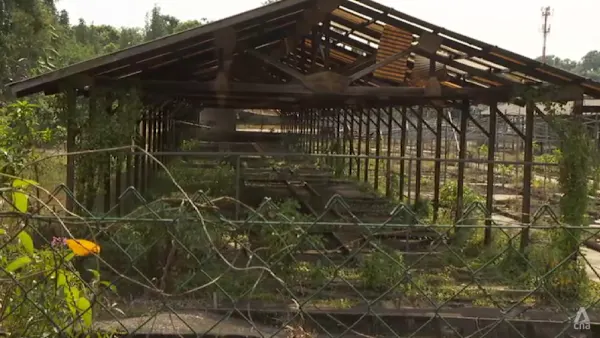Copyright channelnewsasia

WAS ‘30 BY 30’ GOAL UNREALISTIC? Under the government’s refreshed food-resilience strategy, local farms are now expected to meet 20 per cent of Singapore's fibre needs, and 30 per cent of protein meats by 2035. But the revised targets do not mean that the original goal was a failure, analysts said. Professor Veera Sekaran, from the Regenerative Agritech Centre at the National University of Singapore, described the earlier target as “aspirational” – at a time when regional tensions put food security under the spotlight, drawing many into the sector who “had very little agricultural knowledge and not enough expertise”. It resulted in farms experimenting with different methods, and few sharing knowledge or technology. “Everyone wanted to do it on their own … wanted to have proprietary knowledge. There was no collaboration. There was no ecosystem that came together to make this farming community an ecosystem that allowed them to do well together, not as individual farmers,” he told CNA's Singapore Tonight programme. Energy prices, manpower shortages and land lease constraints compounded the problem. The Ukraine war sent utility costs soaring, leading to energy-hungry indoor farms shutting down, said Prof Veera. But he insisted that the 30 by 30 goal was not a failure in that it has done well in raising awareness of food security. “We've started a journey that is still growing and evolving as we go across, and we should get better and better. Everything that's failed is not bad, because we learn from technology.”



